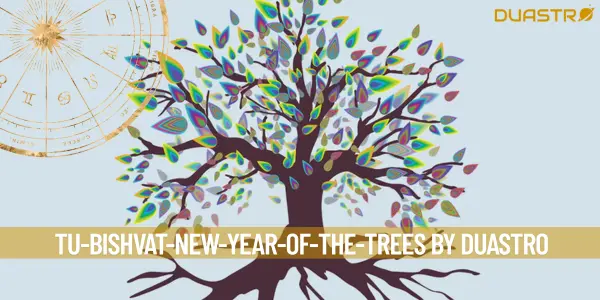Bahut hi accurate predictions diye astrologer ne chat mein. Immediate response aur friendly guidance mila. PDF report bhi clear thi. Fast service made everything smooth. Definitely recommended for anyone looking for real solutions.
- Sai praneeth Samatham
I tried Duastro for the first time aur mujhe shock laga ki kitni baatein boli gayi. Free horoscope ne mujhe guide kiya in the right direction. Astrology updates clear and simple thi. Bohot acha experience raha.
- Gorav Verma
Duastro ki chatting service fast aur professional hai. Astrologer ne mere career doubts clear kiye. Report detailed thi aur remedies bhi practical lage. Free astrology prediction ne toh meri soch hi badal di. Thanks Duastro
- KR sai Lakshmi
Honestly, maine socha tha free prediction bas formality hogi, but Duastro ne meri thinking change kar di. Astrologer ne timely guide kiya and report mein jo likha tha, wo sach nikla. Best astrology platform I’ve used
- Anmol Thorat
Mujhe apne love life ke bare mein clarity chahiye thi. Duastro ke astrologer ne mujhe patience aur solutions dono diye. Kundli report me sab kuch clear likha tha. Remedies bhi helpful raha. Thank you so much
- Yadav
Chatting experience with Duastro astrologer was smooth. Unhone sab kuch calmly explain kiya. Kundli report well-organized thi and predictions kaafi aachi the. Free astrology insights ne meri life mein new hope di. Will definitely use again
- Muhammad Yaseen
Duastro ke astrologers highly experienced lage. Jo bhi bola, usme sachchai thi. Astrology PDF clean, easy to read thi and astrology prediction surprisingly sahi nikla. Emotional situation mein mujhe proper support mila.
- Vakani Kumar
Life mein kai confusion the, par Duastro astrologer ne sab kuch clear kiya. Free report and chatting session ne mujhe confidence diya. Unki remedies bhi simple thi. Jo bhi bola unhone, wahi hone laga. Very impressed
- Sunil Sharma
I had doubts about astrology, but Duastro proved me wrong. Astrologer se chat karna helpful raha. Unhone meri kundli mein sab kuch clearly bataya. prediction se mujhe guidance mila jo real life mein kaam aaya.
- Krishna
Duastro se pehli baar astrology updates li thi aur result amazing tha. Chatting mein astrologer ne meri saari queries patiently handle ki. report bhi best thi. This service actually works. Thank you, Duastro
- Yadav gaming
Astrology knowledge kaafi detailed thi. Chat ke dauran astrologer ne meri personal issues pe honest guidance di. Remedies easy the aur results bhi mile. Calculated astrology ke basis par life decisions lena helpful raha.
- Dr Sunil
I was going through a tough time. Duastro ke astrologer se baat karke bohot relief mila. Unki report aur Effective astrology dono helpful the. Jo advice di gayi, usse kaafi positivity aayi life mein. Truly grateful
- Sourav Adhikari
Duastro ki astrology service ne meri life mein clarity laayi. Chat ka experience stress-free tha. Astrologer genuine lage. Free report aur prediction itni sahi thi ki ab regularly consult karta hoon. Very happy with the service.
- Shalabh Nigam
Kundli matching ke liye Duastro use kiya tha. Astrologer ne sab kuch in-depth explain kiya. Report neat thi and easy to understand. Free astrology prediction ne meri doubts solve kar diye. Must try platform
- varun Reddy
Maine kai astrology apps use kiye but Duastro stands out. Chatting feature is super convenient. Astrologer se baat karke laga jaise personal guidance mil rahi ho. Mast kundli report dono sahi nikle. Bohot acha experience.
- Tanu Tomar





.webp)




